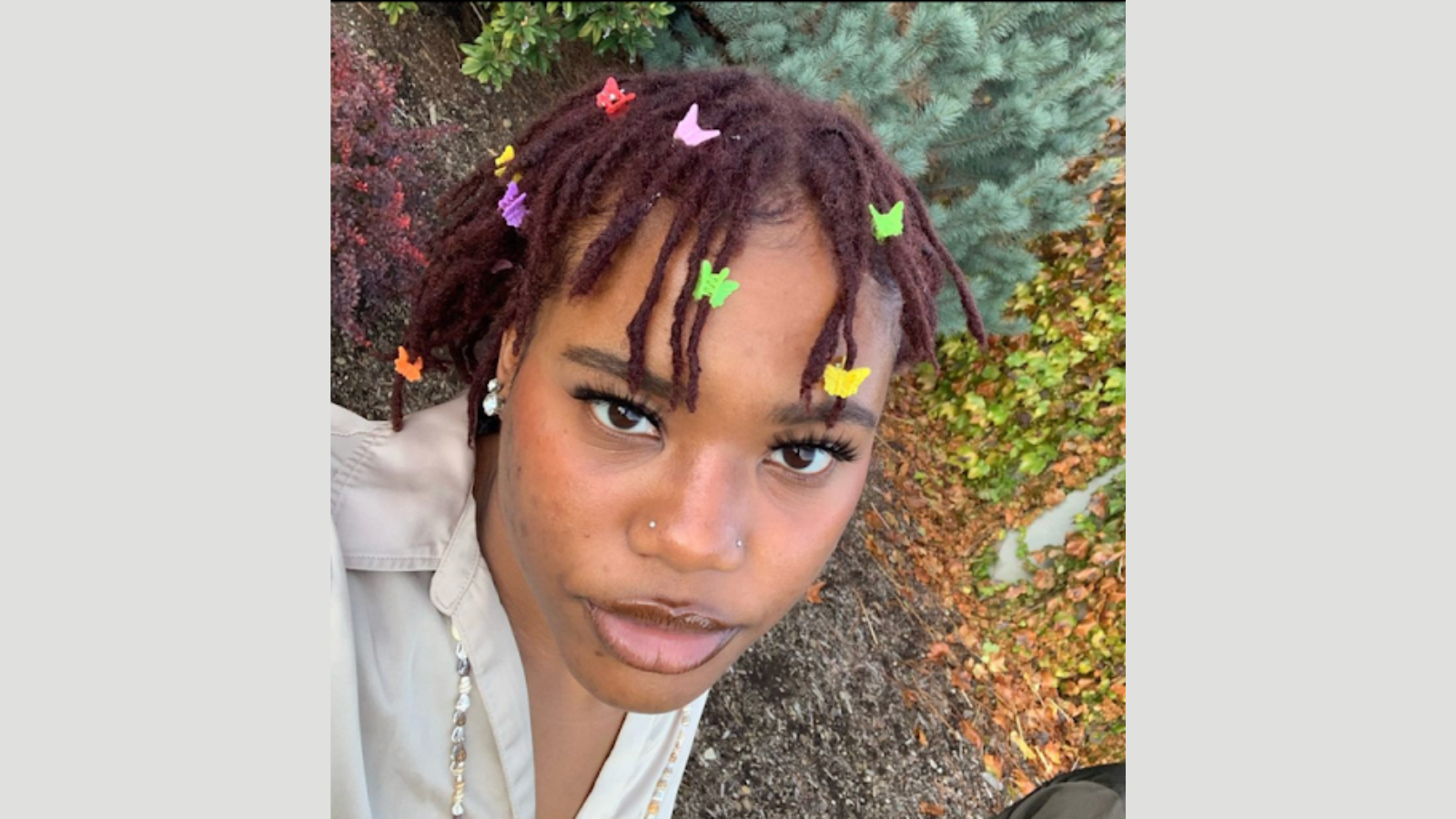Since a trip to Thailand while in high school, Danielle White has been thinking about how varied education around the globe can be and how understanding that can illuminate society.
“I understand a lot of the domestic issues in education, especially as a Black woman who went to inner-city schools, but I want to know what the rest of the world is like,” says White, a rising senior at George Washington University majoring in international affairs and minoring in social cultural anthropology.
“I’m from inner-city Philadelphia, and my first couple of years in the school system were pretty bad,” White says. “It was overcrowded, and there was very little attention given to students on an individual level. The area that I was in was also dangerous. It wasn’t a quality education.”
She moved on to the other school systems, and the trip to Thailand in 2018 spurred her curiosity about education abroad and studying international affairs. “It showed just how different the world is outside of the U.S. Just learning about the culture and being in such a different space makes me want to learn about different people’s lived experiences,” she says.
“There are such ethnically diverse regions and different issues with education and Indigenous peoples. I want to see how that world translates outside of my own,” she explains. “Education is foundational to innovation and to being able to pursue what you want to do. Increasing access to education — access to quality education — is the best way to impact underrepresented children.”
White says her vision is to study international education and youth development and to contribute to a better tomorrow on a global scale. She is bringing that passion for equity in education to her work as one of the summer 2023 interns at Every Learner Everywhere, and she’ll follow that up with seeing another part of the world during a six-month internship with an educational development NGO in Chile and while studying at a university there.
The power of culture
White says work in her anthropology minor has particularly taught her to consider the joint influence of groups and individuals; it takes macro and micro perspectives to understand the way education affects society on every level.
She also has been thinking about how cultural experiences influence and illuminate a society, something she contributes to personally as the director of GWU’s gospel choir.
“Gospel is created and cultivated by Black people, so I get to really express myself,” she says. “And since I go to a PWI [predominantly white institution], I have this amazing opportunity to create a space for Black students and Black culture and to teach others.”
Equity requires authenticity
White is also a board member for the Young Black Professionals in International Affairs organization at GWU, where she has observed how institutions and student groups interact. In her experience, colleges and universities can struggle to interact authentically with minoritized communities. This leads to weaker connections and support systems for students.
Impersonal surveys and vague emails that solicit responses don’t connect with the people they’re meant to help, she says. Instead, institutions should make a proactive effort to be present at meetings with student organizations: “A lot of institutions really struggle with prioritizing interaction with their students. In the case of historic events like George Floyd and the Black Lives Matter movement, how they communicate can come off as inauthentic.”
Decolonizing teaching
White was attracted to the Every Learner Everywhere internship because positioning students as experts on their experiences is one of its equity principles. “I really like Every Learner’s approach to student voice,” she says. “They really want to know what we think, what we feel, and how to make our experience better.”
White is planning to bring a similar perspective to her work in international education. When teaching abroad, she says, there’s the chance that colonial attitudes can manifest in the way you approach education. The label of “quality education” is often used to impose assimilation into the dominant culture and dismiss local communities.
“Defining quality education is difficult because it can mean different things in different cultural contexts, even within the same country,” she explains.
“Relying on the student’s voice helps to define what a quality education means to them instead of using a blanket definition,” says White. “And if you’re able to give someone education in their own language, you’re contributing to equity on an international scale.”
Sign up for our newsletter to learn about future internship opportunities

